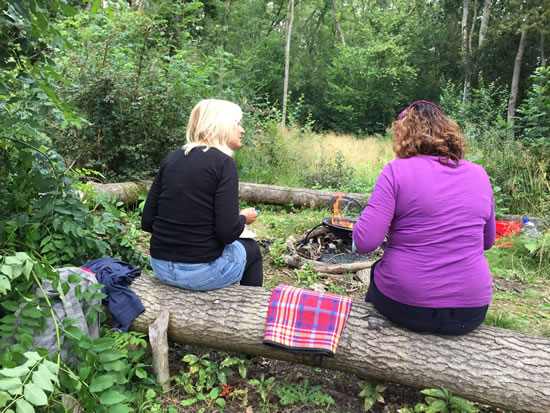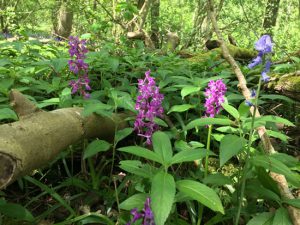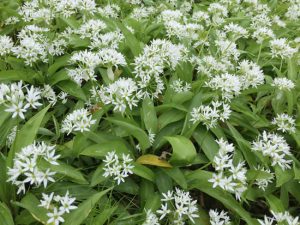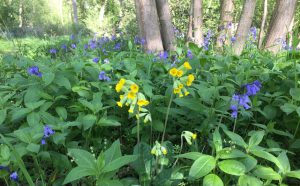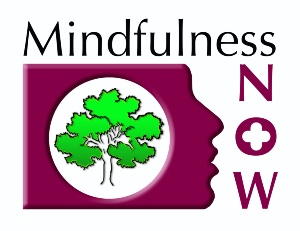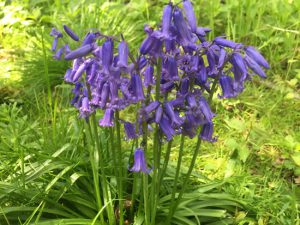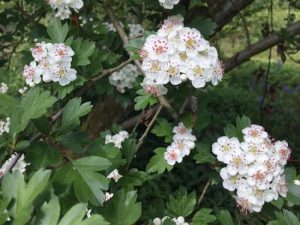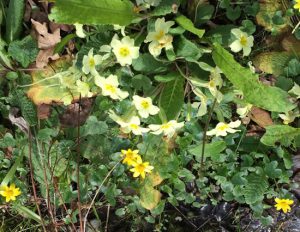Living your life more fully
Mindfulness is about teaching yourself how to spend more time in the present moment and less time thinking about the past or worrying about the future. If you think about it, there is only the present moment to be experienced, moment to moment, but our brains are not wired to navigate through life that way.
We humans have an in-built negative predisposition, harking back to our ancestry when we were predated on by other animals. We are essentially fight or flight animals, depending on the threat we perceive.
Learning mindfulness helps us to be more aware of our breathing, our physical sensations and our emotional feelings. What mindfulness practice can teach us is that by truly being ‘in the now’, the present moment, we are not stuck in the past worrying about what could have been, or worrying about the future and what could happen.
The highly respected author of many mindfulness books, Jon Kabat-Zinn says, ‘you have only moments to live’, He is so right, is he not, that there is only this moment, this next one, the next and so on. In reality, we can only really ‘be’ within each moment as it arises – the rest is all remembering the past or imagining the future!

Stress will be present in the lives of most of people, one way or another, and the management of stress is something which is possible for just about anyone can achieve.
Stress reduction can by achieved through therapy, coaching or mindfulness; all helpful in different ways and, depending on the level of stress being experienced, all equally valuable.
Therapy is definitely the first route for anyone suffering from trauma, coaching is about facilitation and mindfulness is perhaps the most gentle of all approaches, not seeking to change things but providing pathways for self-help and insight into how the mind affects the body.
Mindfulness should be taught by qualified teachers of mindfulness meditation. Teachers provide group and one-to-one teaching and also run meditation classes. They work in many environments including private practice with individual clients and within organisations.
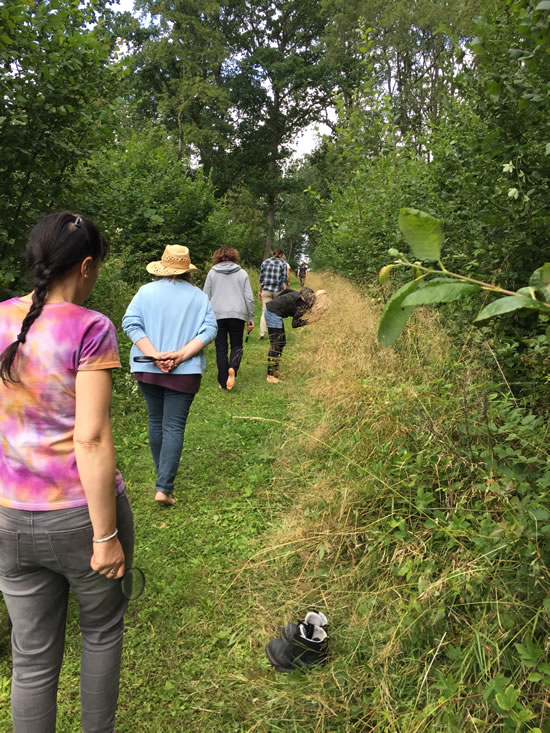
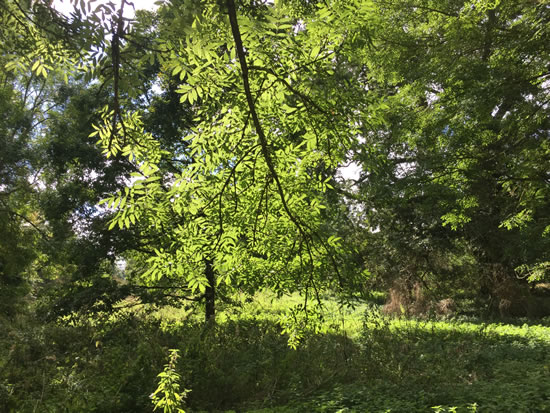
Benefits of connecting with nature in woodlands
Spending time in a woodland not only helps reduce blood pressure and anxiety levels, but encourages the disengagement of attention from unhelpful thoughts and preoccupations, replacing them with soft focus experiences in nature.
As well as practicing some simple sensory focussing activities, people can choose to get involved in a range of light woodland management tasks, nature surveys, craft work, foraging and cooking over a camp-fire. Feedback from wellbeing session participants has consistently been very positive in relation to the wellbeing benefits they feel are experienced.
At the end of the session, after a shared lunch around the camp fire, I asked everyone to share how the woodland had made them feel. The answers shared were written onto leaves made of card, which we then hung in the trees to gently flutter in the breeze. Responses included feelings of being “rejuvenated”, “refreshed” and “peaceful”.
Why not join us
